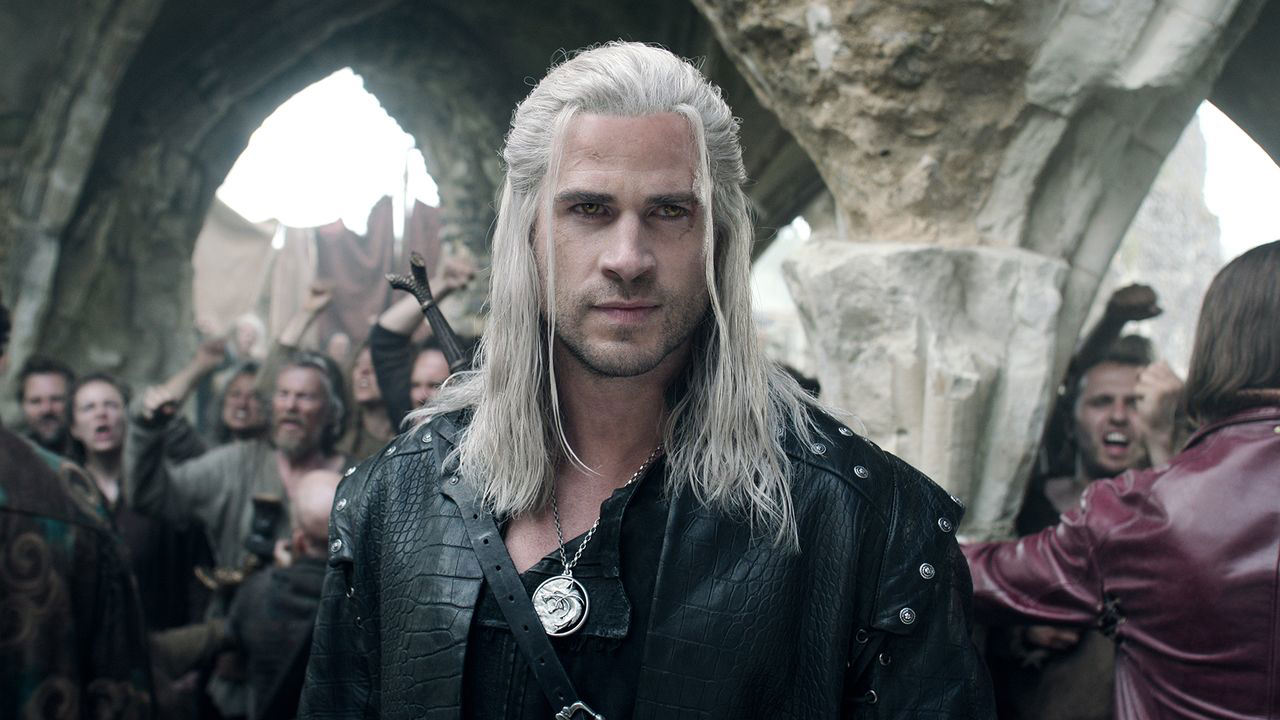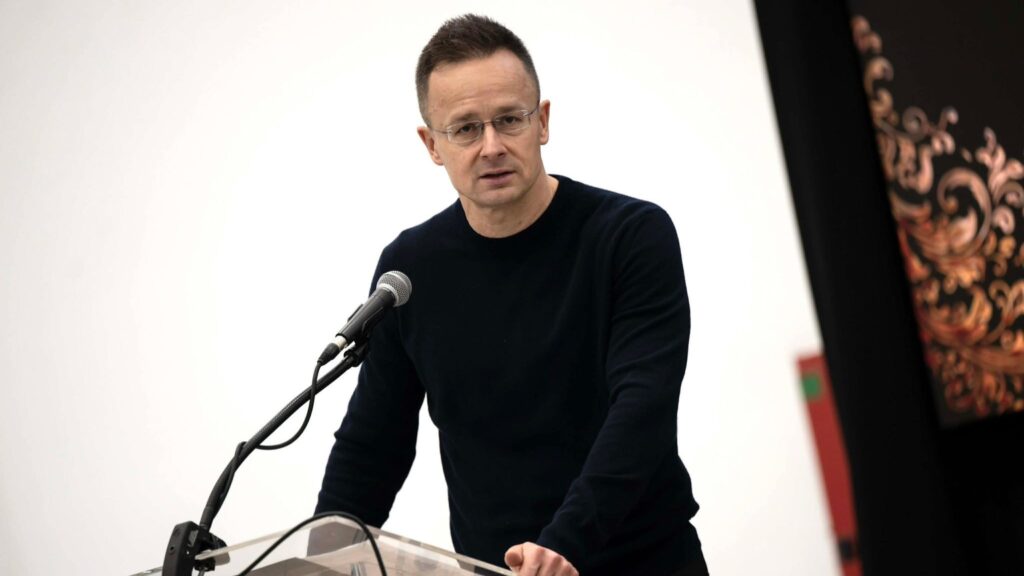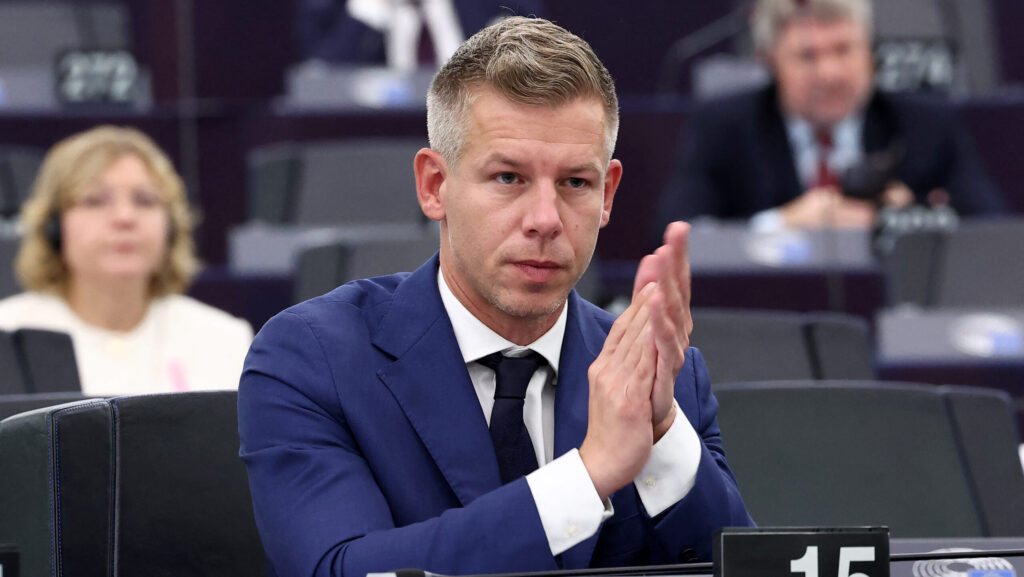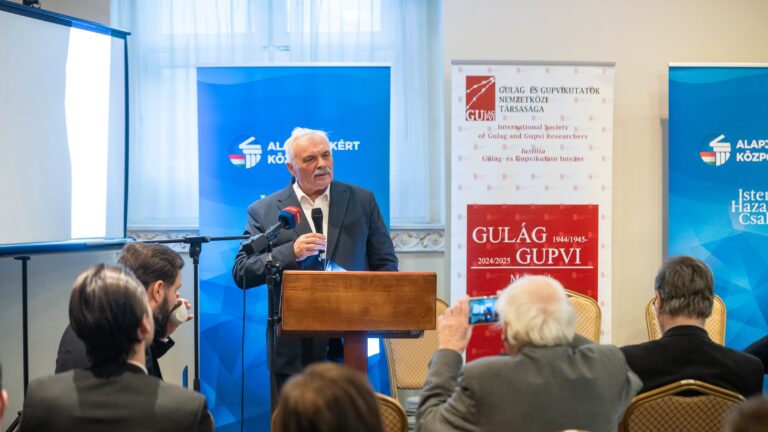Netflix’s major hit series The Witcher returned to millions of screens across the globe on 30 October with its fourth season. The series, based on the books by Polish fantasy author Andrzej Sapkowski, is one of the few non-Anglo fantasy franchises to achieve global success—and it features numerous references to Hungary and Hungarian culture.
The world Sapkowski’s books take us to is known as the ‘Continent’, located in the northern hemisphere of a fictional planet often referred to simply as the ‘World’. This realm is steeped in a dark, medieval-inspired fantasy atmosphere, drawing heavily from Slavic myth and folklore: countless monsters roam the forests, magic weaves through the fates of kings and commoners alike, and the fraught relations between humans, elves, and dwarves add another layer of tension. Politically, the Continent is divided into powerful kingdoms and empires—from the Northern Realms of Temeria, Redania, and Kaedwen to the expansive southern Nilfgaardian Empire—each vying for dominance or survival amid war, magic, and prophecy.
In this world, the solitary mutated monster-hunter (witcher) Geralt of Rivia makes a living tracking down beasts that few dare face. Along the way, he becomes entwined with the powerful sorceress Yennefer of Vengerberg and the young princess Cirilla ‘Ciri’ of Cintra, who holds a secret gift and a destiny that will reshape the Continent. As Geralt, Yennefer, and Ciri move from separate paths toward one another, the war-torn kingdoms, magical orders, and monster-infested wilderness all converge in a story of power, choice, and fate.
Hungarian Locations in the Netflix Series
Due to the author’s Central European origins, the world of The Witcher is filled with references to the region—and the producers have preserved many of them in the series. Seasons 1 through 3 featured several Central European locations, including the ruins of Ogrodzieniec Castle in Poland; Castle Burg Kreuzenstein near Leobendorf, Austria; the Predjama Castle and Nanos Plateau in Slovenia; and the island of Krk in Croatia.
Hungary also made notable appearances, with several sites used to depict key locations in The Witcher lore. The 19th-century Fort Monostor, for example, served as the exterior of the castle of Cintra, while the hilly terrain of Csákberény, a village in Fejér County, was used for outdoor scenes of the Battle of Marnadal. The Szentendre Skanzen Village represented Yennefer’s home village, while Budapest’s Vajdahunyad Castle provided interiors such as those of the wizard Stregobor’s residence.
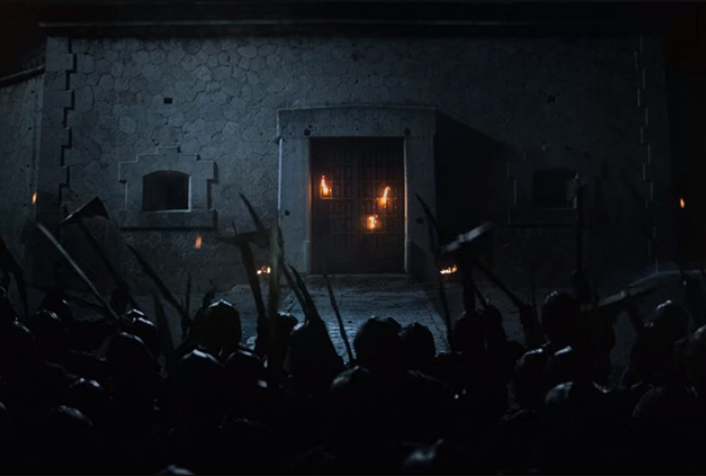
Zoltan Chivay and the Borsodi Brothers
However, it was not until Season 4 that the strongest Hungarian reference appeared on screen: Zoltan Chivay, played by Danny Woodburn, a dwarf from Mahakam who becomes one of Geralt’s closest allies throughout the season. The character is often associated with Hungary due to his unmistakably Hungarian name. ‘Zoltan’ (or Zoltán in Hungarian) is a traditional and popular male given name in Hungary, derived from the Turkish word for ‘sultan’, while his surname, ‘Chivay’, resembles Hungarian phonetics and could naturally be written as ‘Csivay’.
Beyond his name, many of Zoltan’s traits echo Hungarian folklore. A battle-hardened Mahakaman dwarf, Zoltan is loyal, outspoken, and deeply principled—qualities that mirror the Hungarian ideal of the honvéd soldier, the patriotic volunteer fighter of the nation’s past. His quick wit, love of music, storytelling, and wine recall the convivial spirit of Hungarian tavern culture, where camaraderie and humour serve as shields against hardship. At the same time, his moral steadfastness and disdain for hypocrisy reflect the Hungarian literary tradition of the honest, plain-speaking common man, as found in the works of Mór Jókai and Géza Gárdonyi.
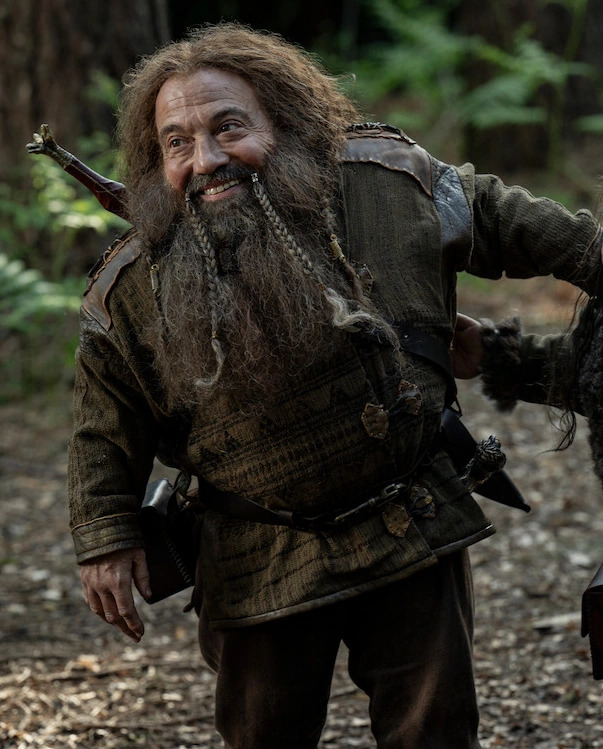
Another strong Hungarian reference appears not in the books or the Netflix series but in The Witcher 3: Wild Hunt – Hearts of Stone expansion, through the characters of Horst and Ewald Borsodi. The two brothers, who own and dispute control over the prestigious Borsodi Auction House in Oxenfurt, are entirely original creations of CD Projekt Red and do not appear in Sapkowski’s novels. Their surname, Borsodi, unmistakably points to Hungarian origins, derived from Borsod—a county in northern Hungary—and still widely recognized today as the name of a popular Hungarian beer brand.
Related articles:

